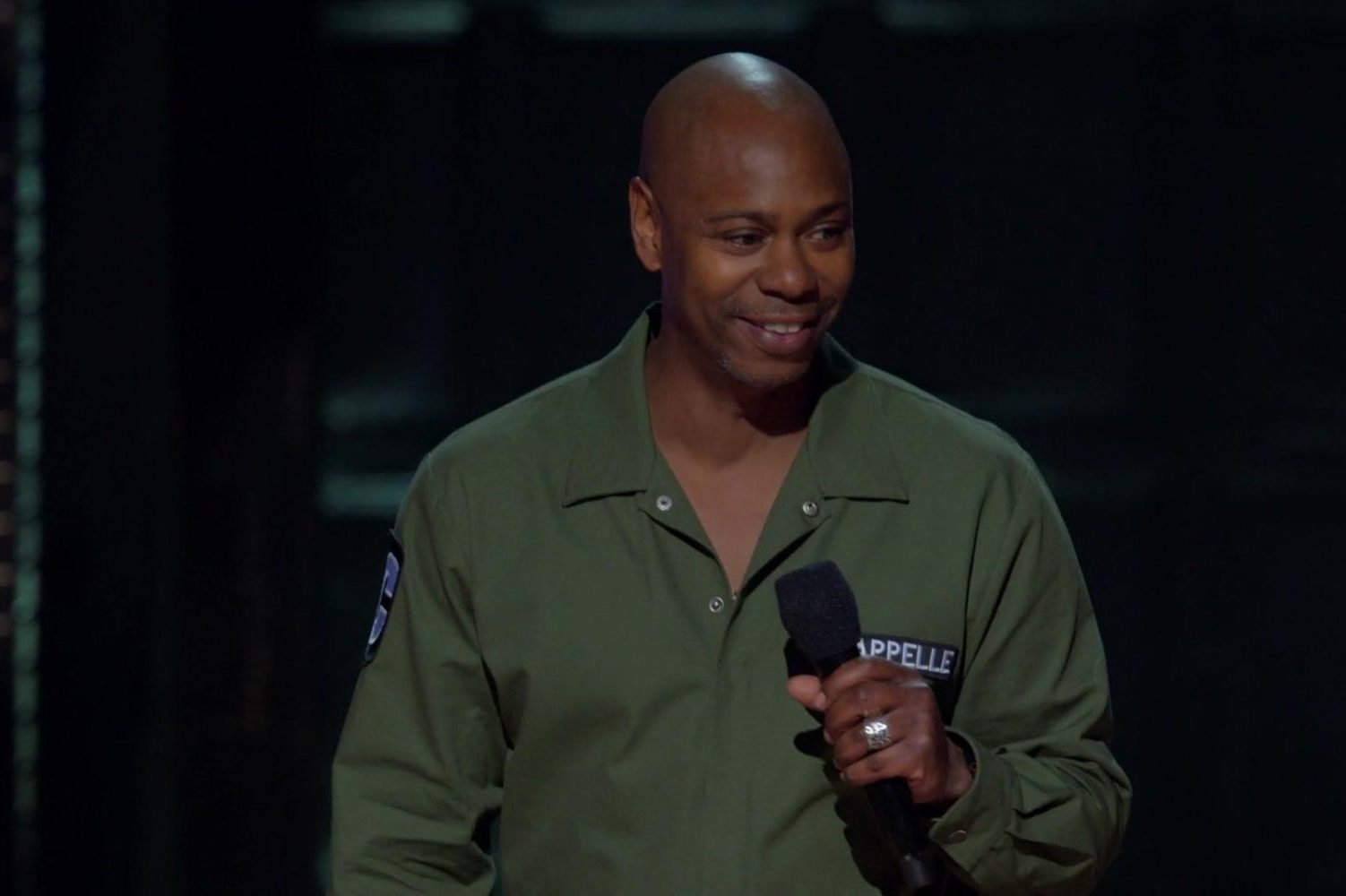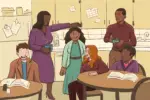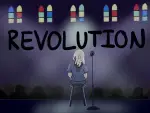Dave Chappelle’s latest stand-up comedy special, “Sticks and Stones,” came out on Netflix on Aug. 26. And as per usual there were mixed reviews. While many loved it, as shown by the 99% user rating it earned on Rotten Tomatoes, there was the cry of Chappelle being hurtful and tone deaf, especially among critics. And it was offensive. There will be no argument here against that. This article isn’t going to tell you to “calm down,” or “don’t be so easily offended.” In fact, you should be offended. That’s the point. And that’s exactly what this country needs.
Stand-up comedy is an art form, and like all art, it has the ability to send a message and make a point. Comedians have gotten away from that as of late — it’s more often just telling stories or funny observations. Which is fine. But stand-up comedy can be so much more than that.
Lenny Bruce paved the way when it came to this. He called out injustices, criticized the government, religion, society, everything. Nothing was off limits. He was arrested several times for what he would say onstage, but his court cases were instrumental in giving performers the freedom to say what they wanted to say.
In the process, Bruce used a lot of offensive humor. Like a lot. But it wasn’t just for the hell of it or to get a laugh. There was a reason to it.
Offensive humor can create a reaction and spark discussion. It can also be used to get a message across. It can highlight injustice or the absurdity of something. It gets your attention and makes you think: Why am I offended? Should I be offended? Why am I offended at this, but not this?
Lenny Bruce did this. So did George Carlin. So did Bill Hicks. And Dave Chappelle just did it on “Sticks and Stones.”
Before we get into what Chappelle said specifically, let’s agree on one thing: He got people talking. There’s no questioning that. Chappelle and his special were all over the news and trending on social media, along with several of the topics he brought up. Whether or not you agree with what he said, he sparked discussion, which can lead to further understanding and hopefully progress. He also brought his take on these issues and offered different solutions, breaking up the cyclical nature of the conversation surrounding these topics.
Chappelle covered several subjects during his performance, from gun laws to abortion. But the part of his act that probably got Chappelle the most heat was his jokes involving the LGBTQ community, or as he calls them, “the alphabet people.”
Many considered them offensive, and understandably so, but there was a reason for it. Because while talking about LGBTQ people, he had an anecdote from his time on “Chappelle’s Show,” which used to air on Comedy Central. He told of a meeting he had where a network representative told him he couldn’t say the word “f—got”. He complied and took it out of the skit but followed it up with a question.
“Why is it that I can say the word n— with impunity, but I can’t say the word f—got?”
In asking this question, he shows the inconsistency in societies attitudes toward these two derogatory terms, and the offensive humor he uses helps with this.
By making jokes about LGBTQ people that offend people, then following it up with his point about the N-word, it is essentially saying why are you offended at these demeaning comments when it’s for this group of people, but not these demeaning comments for a different group of people. He’s pointing out the oversensitivity over LGBTQ discrimination and the lack thereof for the black community, when at the end of the day, any discrimination toward either group is not okay, and both f—got and the N-word are terrible terms that should never be used to degrade a particular group of people.
Chappelle also brought up school shootings and the opioid epidemic among white people and used offensive humor with both of them.
These are both touchy topics to begin with, and the remarks Chappelle makes about them on “Sticks and Stones” might seem insensitive at first, but he does it in a way that calls out the racism involved with both of them.
When talking about drug addiction, he says, “I even have insight into how the white community must have felt watching the black community go through the scourge of crack. Because I don’t care either … just say no, what’s so hard about that?”
And about school shootings, he later says, “Because we know as parents, one of us is raising the shooter. Just don’t know which one of us it is. All we know for sure is that if you’re a white parent, chance that it’s you is exponentially higher than the rest of us … shooting up the school is white kid’s game.”
Again, these might seem like rude comments for no reason, but what these remarks are doing is exposing what he perceives to be the truth and an injustice — white people only start caring about issues when it happens to them.
During the crack epidemic in the 1980s, when it was largely affecting black people, the solution was to treat them as criminals and arrest them. Now that the opioid crisis is more prevalent among white people they are finally paying attention and starting to treat addiction like a medical issue.
“Once it started happening to your kids you realized it’s a health crisis. These people are sick. They’re not criminals. They’re sick.”
As for the school shooting comment, Chappelle is just calling it how it is. A large majority of mass shootings are carried out by white men.
Despite these mass shootings and the deaths involved, gun laws aren’t changing, which is likely because of white people as Chappelle implies on “Sticks and Stones.” And the numbers back it up. The Republican Party, which is generally against restricting people’s rights to own guns, is largely made up of white people. In fact, the GOP’s membership is 90% white, and statistically, more white people own guns than black people and are very unwilling to give them up, even with the insane number of mass shootings and deaths that continue to occur. And apparently, according to a survey done in Texas by Northland College sociologist Angela Stroud, there is also this crazy belief among a lot of white gun owners that think black people are going to rise up against them, and they need their guns to defend against this upcoming sneak attack. Seriously. I’m not making this up.
So, what is Chappelle’s solution on “Sticks and Stones” to the gun problem in this country?
“Every able-bodied African American must register for a legal firearm.”
Because, as he established, white people don’t care about issues until it negatively affects them.
These are just some of the topics Chappelle talked about in his special. And in the process, he sparked discussion, told the truth and exposed injustice, and America should listen.
















